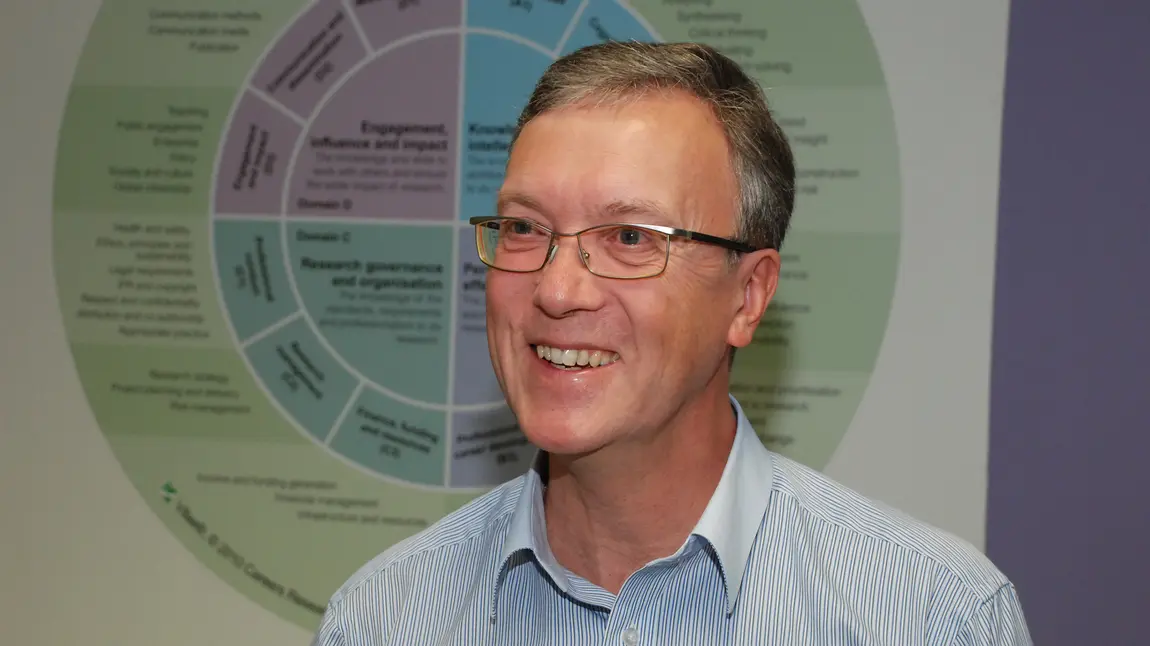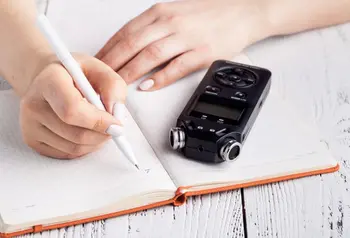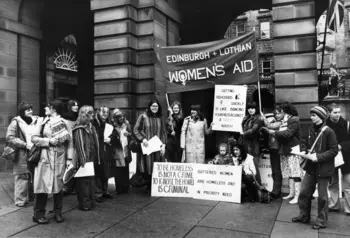Learning to listen - top tips for a great oral history interview

"Oral history" can be as simple as listening to someone else talking about something they’ve experienced. But anyone who’s tried it will know that it’s not always as easy as it sounds.
Here are some of my top things to think about:
Develop your listening skills
We’re not all very good at listening and it’s a skill that can be learnt and developed.
Great oral historians listen without interrupting or judging. They also listen on different levels: not only to what is said but what is not said, to silences and repetitions. They’re also listening for the differences between narrative and reflection. This is where someone not only tells you what happened but why and how they now think about it.
Memory and its retelling are complex, rich and multi-layered: learning to listen is crucial.
Get to grips with the tech
To capture and preserve what people say means you have to get to know how to use a digital audio recorder. Even if you’re just doing it with a mobile phone, you need to know how to get the best quality sound.
It is also important to record in a file format that can be easily shared with the person you interviewed and also archived so that others can use it in the future. Being knowledgeable and adept with your recorder will make you and your subject more relaxed.
There is lots of advice in this discussion.
Do your research
The best oral history projects think carefully about who to interview and sensitively match interviewers with the people they are going to interview.
If you are interviewing more than a few close family members, then you will need to do some background research. Make sure that you’re talking to a good cross-section of people: different genders, ages, ethnicities, ideas and opinions.
Longer detailed interviews with fewer people is better than short interviews with lots of people. The more time you spend with people the better you get to know and trust each other, and the better the interview.
Reassure people
Before you start an oral history, it's important to explain to the person you’re going to interview that:
- it’s up to them what they say
- they don’t have to answer all your questions if they don’t want to
- they can stop at any time
It’s important that people are comfortable about talking, especially if it’s a difficult or emotional subject. They should understand what you are going to do with their recording (and their personal data) afterwards. This means asking them to fill in forms so you both agree. Find out more on the Oral History Society website.
Keep notes
Many people don’t realise that what happens after the interview has finished is as important as the interview itself
After a few interviews you won’t be able to remember what was discussed, and listening again to each one takes a lot of time, so some kind of content summary is helpful.
This will also allow you to compare what’s been said in lots of interviews: what people agreed or disagreed about, where they told similar themes and stories.
This is useful for when you come to make a website, exhibition or publication based on several interviews.
Find out more
There is lots of useful information about oral history on the Oral History Society website. They also run training courses all over the UK.

